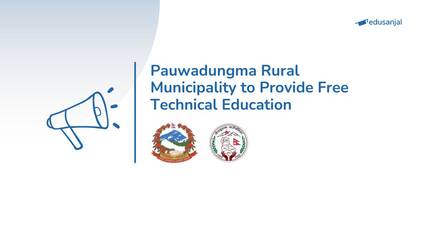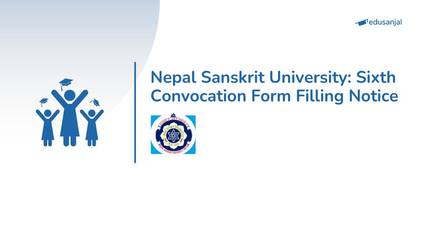Lumbini Buddhist University (LBU) organized the 18th N.E.W.S. (North, East, West, South) Conference and Vice Chancellors’ Symposium, in collaboration with University Grants Commssion (UGC) and Nihon University on April 2–3, 2025.
The event brought together over 200 national and international participants, including distinguished scholars, policymakers, and academic leaders. The two-day event featured over 15 paper presentations, high-level panel discussions, and symposiums that addressed key challenges and opportunities in higher education and alternative medicine.
The symposium explored how universities are evolving in the era of the Fourth Industrial Revolution, focusing on global mobility, interdisciplinary learning, and the integration of Buddhist wisdom into education.
Similarly, in the event, the experts discussed the impact of AI, automation, and digital learning on higher education, emphasizing the need for institutions to adapt while upholding ethical and philosophical values. The event also highlighted the importance of international collaboration, student exchanges, and cross-border research to keep Nepal’s universities globally competitive.
Bringing together former and current vice chancellors, the session focused on key challenges in Nepal’s higher education sector, from curriculum modernization and faculty development to policy reforms. Speakers highlighted the need for stronger research capabilities, industry-academia collaboration, and updated governance to align with global standards. They also stressed the role of higher education in economic growth, calling for greater investment in research, technology, and skill-based education to better prepare graduates for the global job market.
The symposium highlighted the importance of research validation, global recognition, and government support to establish Nepal as a leader in alternative medicine education and holistic healthcare. The conference also featured over 15 research paper presentations from scholars worldwide, covering topics such as AI in education, digital transformation, academic mobility, research commercialization, Buddhist studies, and upskilling for the Fourth Industrial Revolution.












